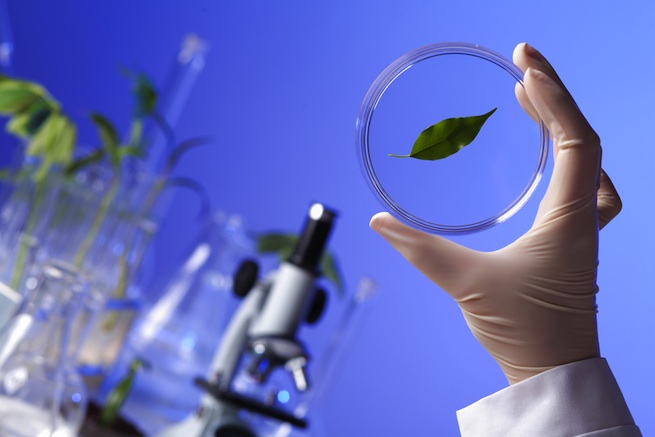Is there more to your bacteria then meets the eye?
The still-in-stealth-mode Ubiome is developing a technology to sequence human bacterial DNA. The hope is that this will yield new discoveries in the prevention and treatment of disease.
In a unique twist, funding for this research has not come from a grant or academic institution — the team has decided to ask stranger’s to contribute to the project on IndieGoGo. The goal is to raise $1 million.
AI Weekly
The must-read newsletter for AI and Big Data industry written by Khari Johnson, Kyle Wiggers, and Seth Colaner.
Included with VentureBeat Insider and VentureBeat VIP memberships.
This is the first crowd-funded citizen science project to map the human microbiome.
Backers will have the opportunity to be tested before UBiome hits the mainstream market. If the idea of having your bacteria analyzed doesn’t make you squeamish, here’s how it will work. Users receive a swab-kit for five sites: nose, ear, mouth, gastrointestinal tract, and genitalia. Each site has a unique microbiome that is home to a specific balance of bacterial flora.
The team will use cutting-edge DNA sequencing to analyze your samples and send custom bioinformatics back to you. Over time, they will store and process the data to make predictions about your health.
“It’s 23andme for the human microbiome,” Richman said. 23andme is a site that has popularized the field of genomics, and it analyzes relevant genetic data to determine your risk-profile for certain diseases.
“We believe the biological information era is going to follow the same trend that the internet did,” said Richman. “When citizens became empowered to explore the internet via search engines like Google, usage skyrocketed. With uBiome, people can explore their personal metagenome from home.”
Related: Read our in-depth review of the genomic startups that can help you live longer
The core behind the project includes Richman, a serial entrepreneur who started her first company after high school; Dr. Zachary Apte, a biophycisist with expertise in cell biology; and Dr. William Ludington, a Bowes Fellow in the molecular cell biology department at the University of California, Berkeley. Advisers to the project include Dr. Pablo Valenzuela, a pioneer in the field of industrial biotechnology who has filed a total of 44 research patents.
The crowd-funded research is just the beginning– the team of scientists see vast potential for medical discoveries. To date, the sequencing of the human genome has offered few medical solutions short of gene therapy. However, our microbiome can become healthy through the right mix of probiotic cultures.
Furthermore, these microbial genes outnumber human genes 360 to 1, and scores of research has linked them to diseases like diabetes, obesity, heart disease, anxiety, and other conditions. Richman draws a comparison to the tropical rainforest in Brazil, which depends upon biodiversity — likewise, she explained, “our own health benefits from microbial ecosystems that perform vital functions for our health.”
VentureBeat's mission is to be a digital town square for technical decision-makers to gain knowledge about transformative enterprise technology and transact. Learn More

